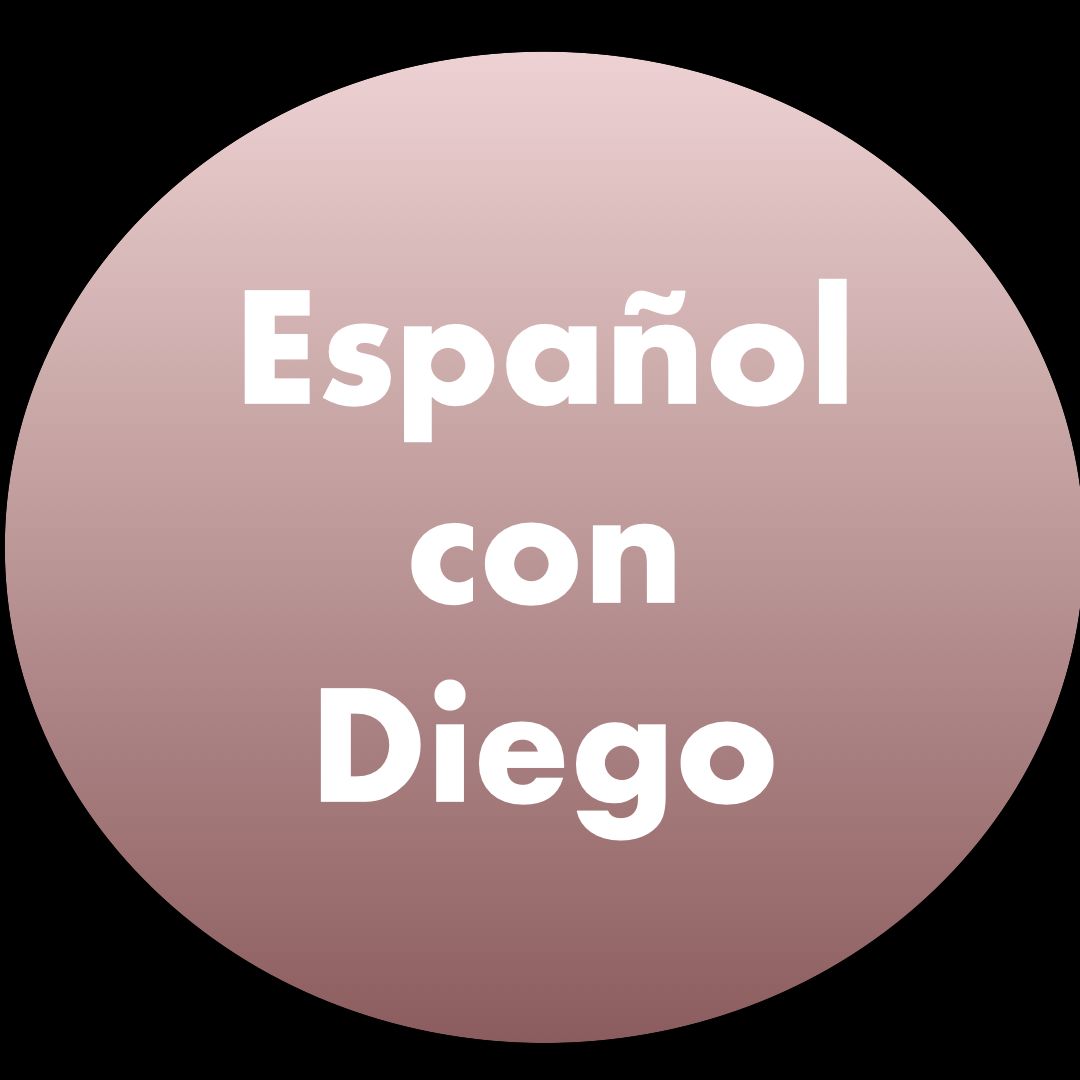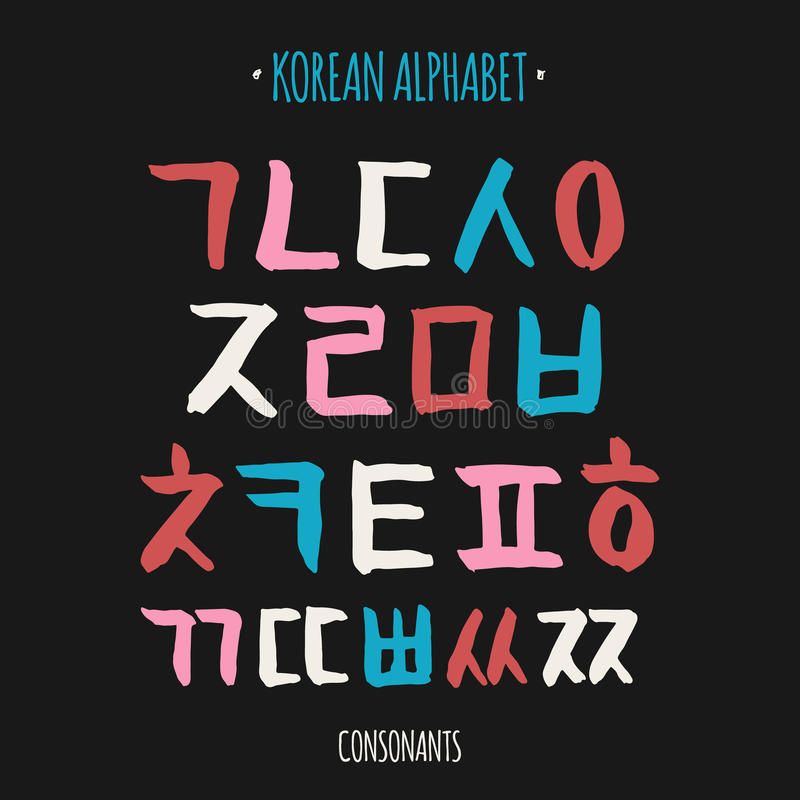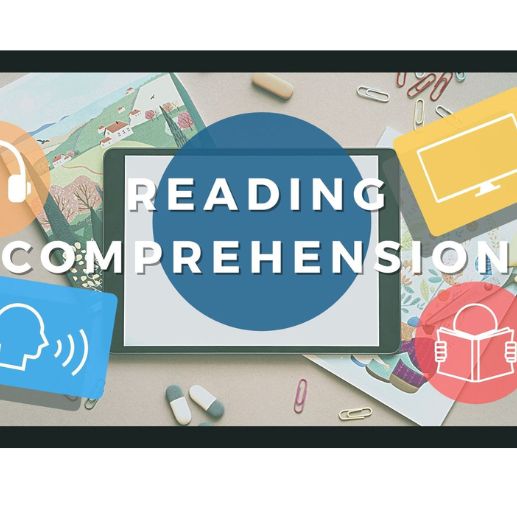Search from various ภาษาอังกฤษ teachers...

汉语语法之“了”
คำอธิบาย
1. - is used at the end of a sentence to indicate a change and to express a definite tone of voice
2. - The particle "了" can also be used in the structure "要/快/就要/快要 +V/Adj+了" to indicate that the action is about to happen or that the situation is about to change.
3. - The negative adverbs "没有" and "了" cannot occur at the same time. For example, you can either say "我没吃早饭" or "我吃早饭了", not "我没吃早饭了". However, the verbs "没有" and "了" can appear at the same time, e.g.: "我没有钱了."
4.- Some adverbs that emphasise the late occurrence of an action cannot occur at the same time as "了", e.g. "刚、才、刚刚", etc.
5.-Adverbs that indicate that the action occurs frequently and "了" cannot occur at the same time, e.g. "经常、常常、每", etc.
ช่องพอดคาสต์
Eva Wang的channel ——汉语语法对比合集
ผู้แต่ง
ทั้งหมดทุกตอน

абетка

MASTER Spanish Subjunctive in 18 MINUTES!

Man Arrested for Climbing London's Tall 'Cheesegrater' Building

Conas atá tú? How are you?

你喜欢哪个足球明星?

Experience

Эльбрус

Why Cold Showers Could Be Good for You
ตอนยอดนิยม

Ukrainian language for everyone
абетка

Español con Diego
MASTER Spanish Subjunctive in 18 MINUTES!

Lisa's Podcast
Man Arrested for Climbing London's Tall 'Cheesegrater' Building

Gaeilge Gan Brú A1-A2
Conas atá tú? How are you?

Eva碎碎念
你喜欢哪个足球明星?

Reading Korea.
Experience

Давай по-русски!
Эльбрус

Practice Listening, Reading & Comprehension
Why Cold Showers Could Be Good for You